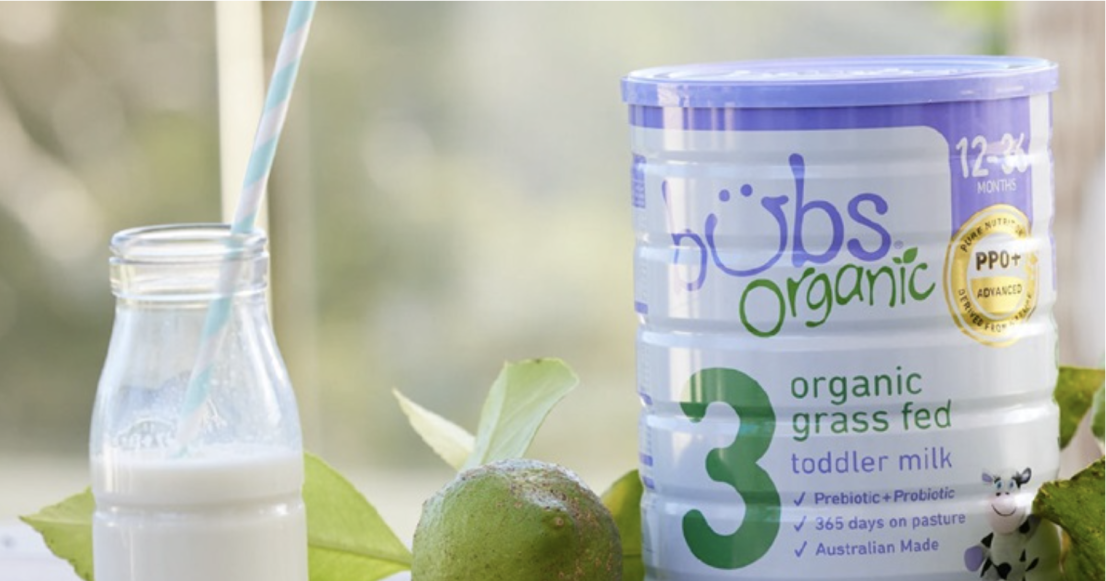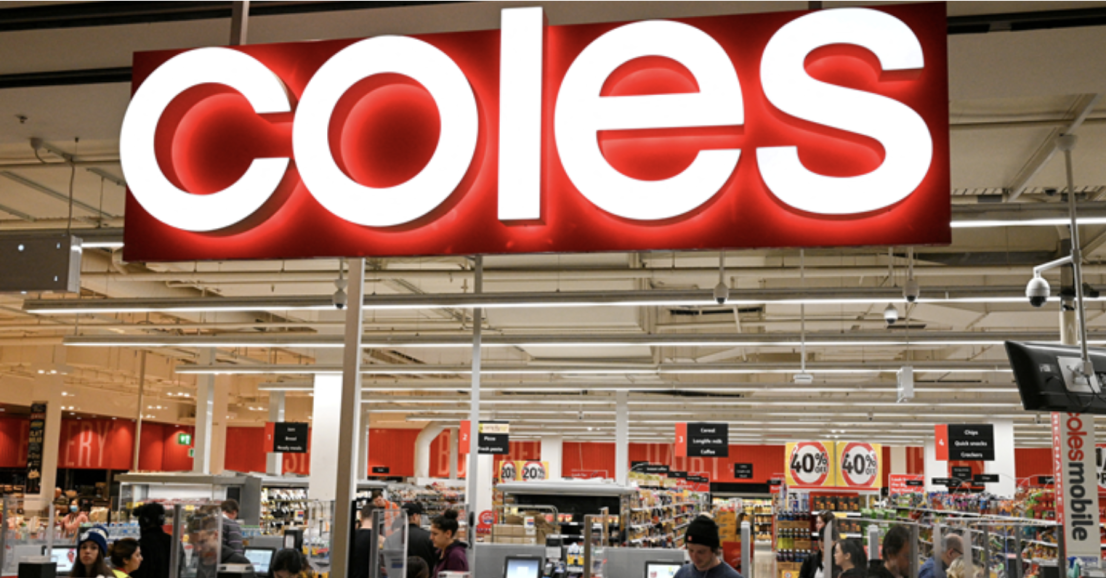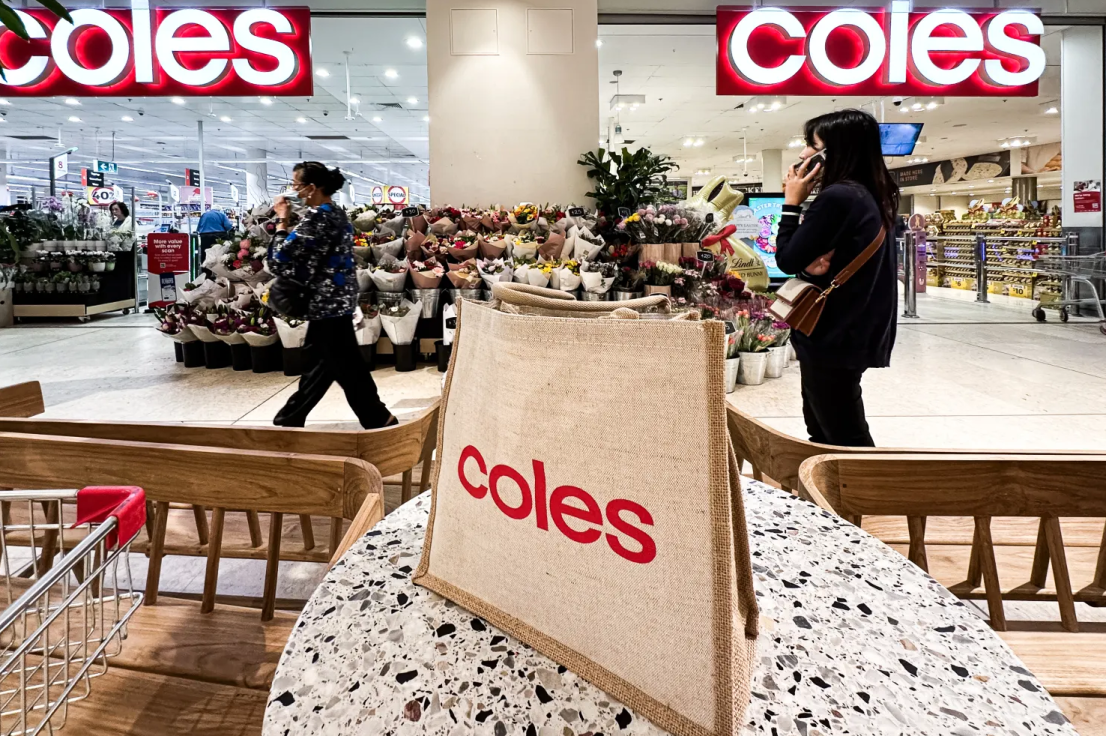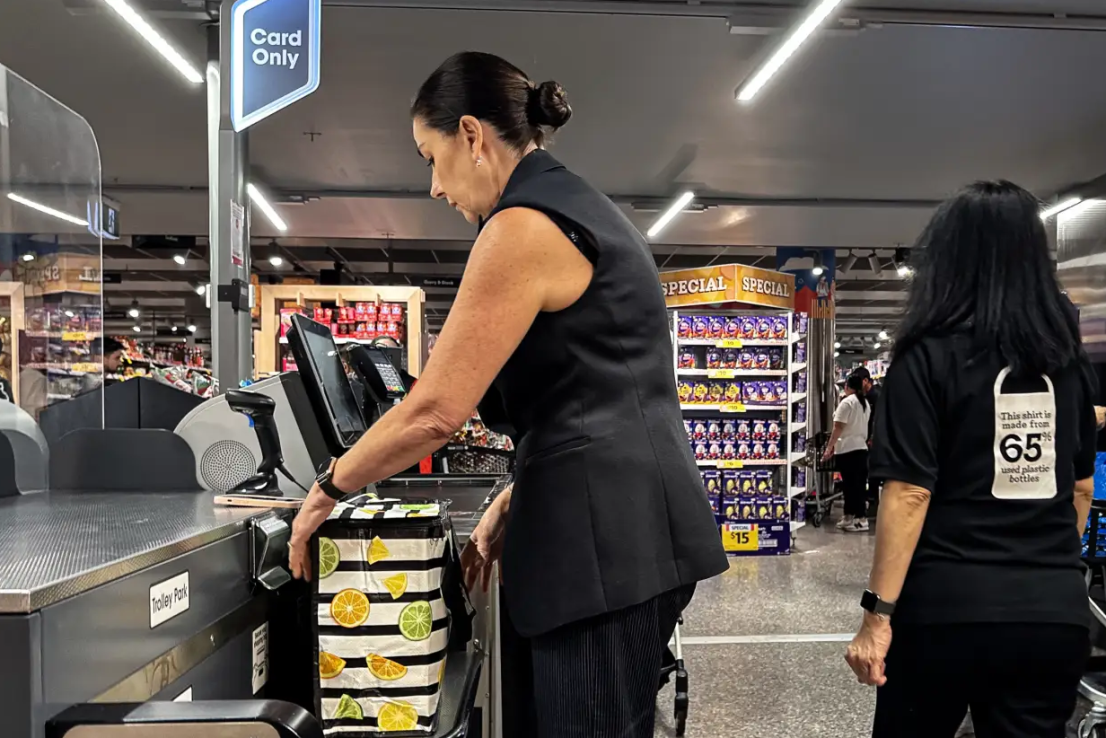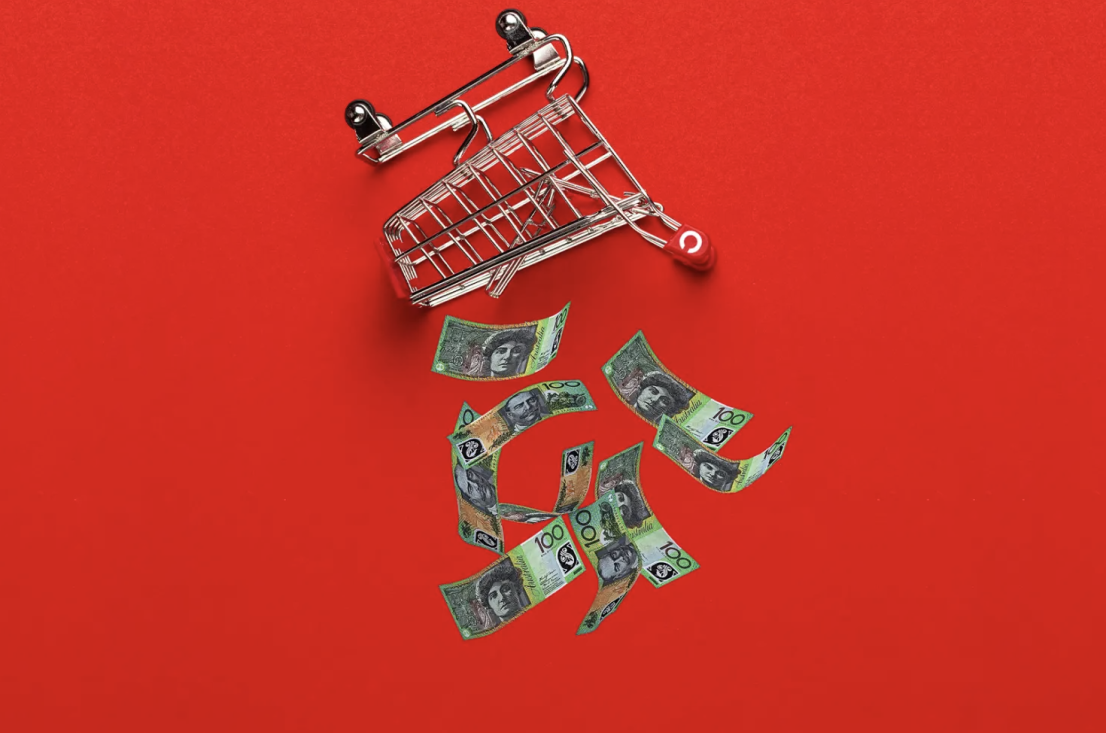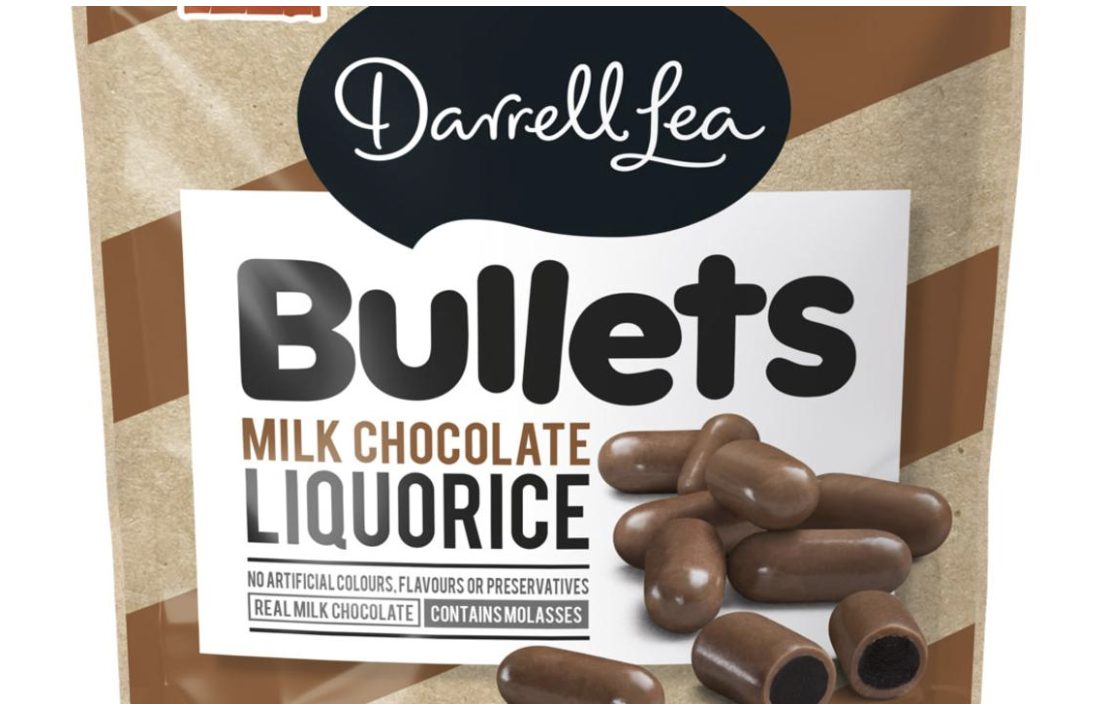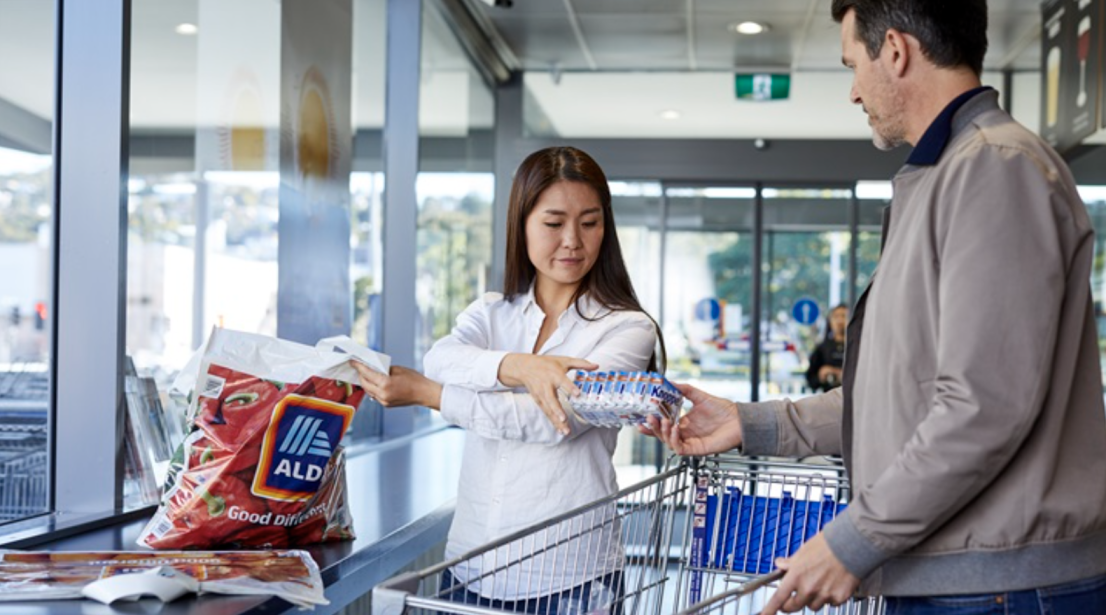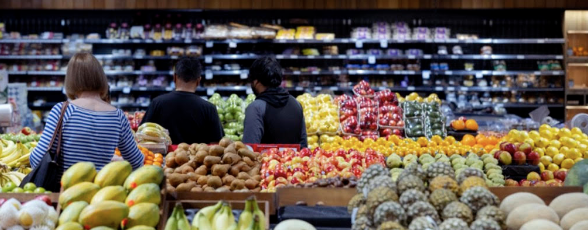
Shoppers will pay less and farmers will be paid more under the Albanese government’s pledge to make controversial reforms to address the nation’s cost-of-living crisis, which may force major supermarkets to reveal the markup they charge on fresh food and what they pay farmers.
An interim review of the grocery code of conduct released on Monday said compulsory regulations should be imposed on supermarkets to govern how they deal with suppliers, backed by heavy fines and new rules to address claims of price gouging and market manipulation.
Treasurer Jim Chalmers said the government agreed in principle with the recommendations and the current voluntary code of conduct would “absolutely” be beefed up to drive down prices for shoppers.
“The whole point of this interim report is: how do we make the code tougher, how do we make it compulsory, better dispute resolution processes and bigger penalties for people who do the wrong thing,” Chalmers said.
The government would also announce “very substantial changes” to laws governing company mergers to streamline the regime, which Chalmers said would make the economy more productive.
Price gouging claims were first levelled late last year when plummeting livestock markets delivered cheaper cuts of red meat to supermarket shelves.
Cattle prices fell 66 per cent across the east coast in the 12 months to October, and lamb prices were down 38 per cent in the same timeframe, but lamb cutlets sold in major supermarkets for about $43 a kilogram, and rump steak $28 a kilogram.
Farmers argue that a more transparent market would deliver fairer returns and predictable prices to enable them to invest in efficiency measures and drive down wholesale costs. Supermarkets would also be held to account if retail prices rise steeply above wholesale costs.
“If the senior management of a supermarket chain establishes an incentive system for their buyers and category managers that rewards maximising margins and penalises low margins, the buyers and category managers will squeeze suppliers as hard as possible,” the interim report stated. It was led by Craig Emerson, a former competition minister in the Rudd and Gillard governments.
Opposition Leader Peter Dutton said the interim recommendations supported by the government would not reduce prices at the checkout. “They are not going to be the solution consumers are looking for,” he said.
“I think this is a Mickey Mouse review that’s been conducted by a Labor mate with an outcome predetermined by the treasurer.”
Farmers told the inquiry that supermarkets have in some instances set unrealistic standards for the quality of produce and can reject shipments from suppliers who seek higher prices.
National Farmers Federation chief executive Tony Mahar said the government must deliver on its promise and prevent supermarkets squeezing farmers with unsustainable prices.
“We are going to hold them 100 per cent accountable to this process. What we don’t want is for it to be just a show of support, but then nothing materialises,” Mahar said.
“Senior management have got to be accountable for the pressure they put on their buyers. That behaviour should be transparent and if it’s detrimental to suppliers, then there should be ramifications.”
Coles stopped short of endorsing the recommendations, saying only they are committed to the objectives of “delivering value to our customers while maintaining strong, collaborative relationships with our valued suppliers”.
Woolworths said it supported a mandatory code “for all large retailers and wholesalers of groceries to engender public trust and to level the playing field for retailers and wholesalers alike”.
In Woolworths’ submission to Emerson’s review, the dominant grocery giant said major multinational suppliers were raising the prices of well-known brands, but would not give examples.
IGA operator Metcash said it did not object to the code “in its current form” becoming mandatory and was considering the report’s implications on the broader business. Aldi, which is a voluntary signatory to the code, said it supported the code becoming mandatory.
The Australian Competition and Consumer Commission said large fines as well as arbitration between suppliers and supermarkets were needed.
“The interim report highlights and recommends several changes that the ACCC sees as important, such as meaningful penalties and a more independent dispute resolution process,” a spokesperson said.
Consumer advocacy organisation CHOICE said Emerson’s interim report was recognition that voluntary codes were ineffective.
“Unfortunately, big businesses need strong incentives to comply with the law,” said CHOICE director of campaigns Rosie Thomas, who also called for stronger merger laws.
“This highlights why it’s important we have those merger laws right first, to stop supermarkets and other businesses growing bigger and more powerful in ways that harm consumers.”



